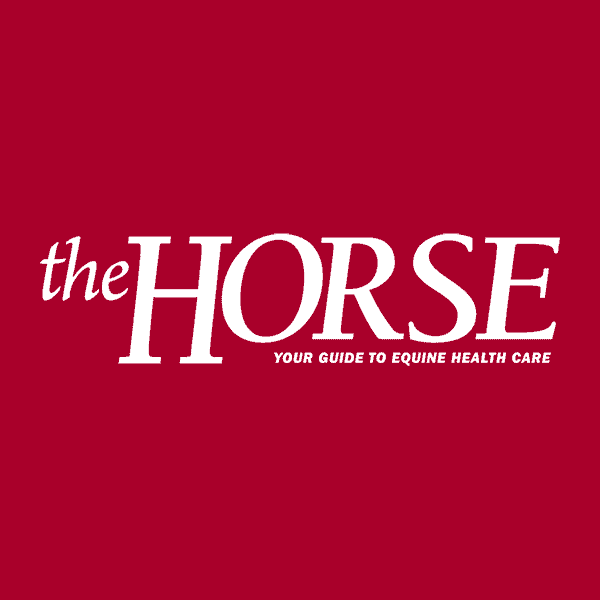Louisiana Veterinarians Put On Alert For EEE
Veterinarians in southwest Louisiana have been advised to stay on the lookout for Eastern Equine Encephalomyelitis in horses (EEE). The Louisiana State Health Department has put veterinarians in this part of state on alert
- Topics: Article, Eastern Equine Encephalitis (EEE)
Veterinarians in southwest Louisiana have been advised to stay on the lookout for Eastern Equine Encephalomyelitis in horses (EEE). The Louisiana State Health Department has put veterinarians in this part of state on alert because Eastern Encephalomyelitis has been isolated in a bird, and because of the unusually high numbers of mosquitoes in this area. This combination has the potential to cause problems, so veterinarians in this region have been asked to report any EEE cases in horses.
The numbers of mosquitoes are exceptionally high this year which is the result of a drier than average 1997 and a dry 1998. That dry period was recently brought to an end when southwest Louisiana experienced heavy rains, 8-10 inches, and a series of high tides. Mosquito eggs which had laid dormant this season, and even last year, all hatched over a three to five day period, according to Luca Terracina, Director of Calcasieu Parish Mosquito Control. He added that this resulted in several successive broods emerging over several days.
Terracina said that animals in pastures near major sources of mosquito production were easy prey, and some cattle deaths resulted from the shear number of mosquitoes feeding on them. Animals get no rest during this type scenario and are put under a great deal of stress.
According to Larry Findley, DVM, of Louisiana, there have been reports of cattle dying from blood loss anemia TheHorse.com is home to thousands of free articles about horse health care. In order to access some of our exclusive free content, you must be signed into TheHorse.com. Already have an account?Create a free account with TheHorse.com to view this content.
Start your free account today!
and continue reading.

Written by:
The Horse Staff
Related Articles
Stay on top of the most recent Horse Health news with















